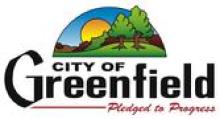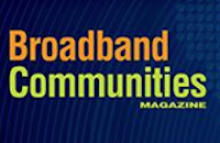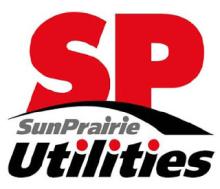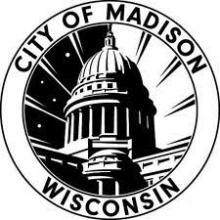I-Net Beginning to Blossom in Greenfield, WI
Greenfield city officials and school administrators recently agreed to cooperatively build a fiber-optic institutional network (I-Net). The Milwaukee suburb of about 37,000 expects to trim thousands of dollars from its annual network bill and bring its students, teachers, and local government up to speed.
Dig Now, Save Now
Just like many communities across the U.S., Greenfield realized that it was paying too much to connect its community anchor institutions (CAIs) to the Internet. In April 2015, Greenfield school district approved a bandwidth upgrade with a private provider that would cost the schools $45,588 annually. Within half a year, they had already hit their new bandwidth limit. In November 2015, they needed to upgrade again to the tune of $119,141 per year.
With classrooms and public institutions demanding increasingly higher bandwidth, local officials decided to ditch the incumbent providers to build a fast, affordable, reliable network in the coming semester. Their investment will allow them to make long-term budgeting decisions, direct more money toward classroom expenses, and use technology to offer rich educational experiences.
Construction started in June on the fiber-optic network that will connect Greenfield school district, neighboring Whitnall school district, Alverno College, and Greenfield public safety buildings. With installation slated to finish by summer’s end, local institutions expect immediate savings.
Financial Terms
The City of Greenfield, Greenfield School District, and Whitnall School District all applied for state trust fund loans through the Board of Commissioners of Public Lands of Wisconsin (BCPL).








